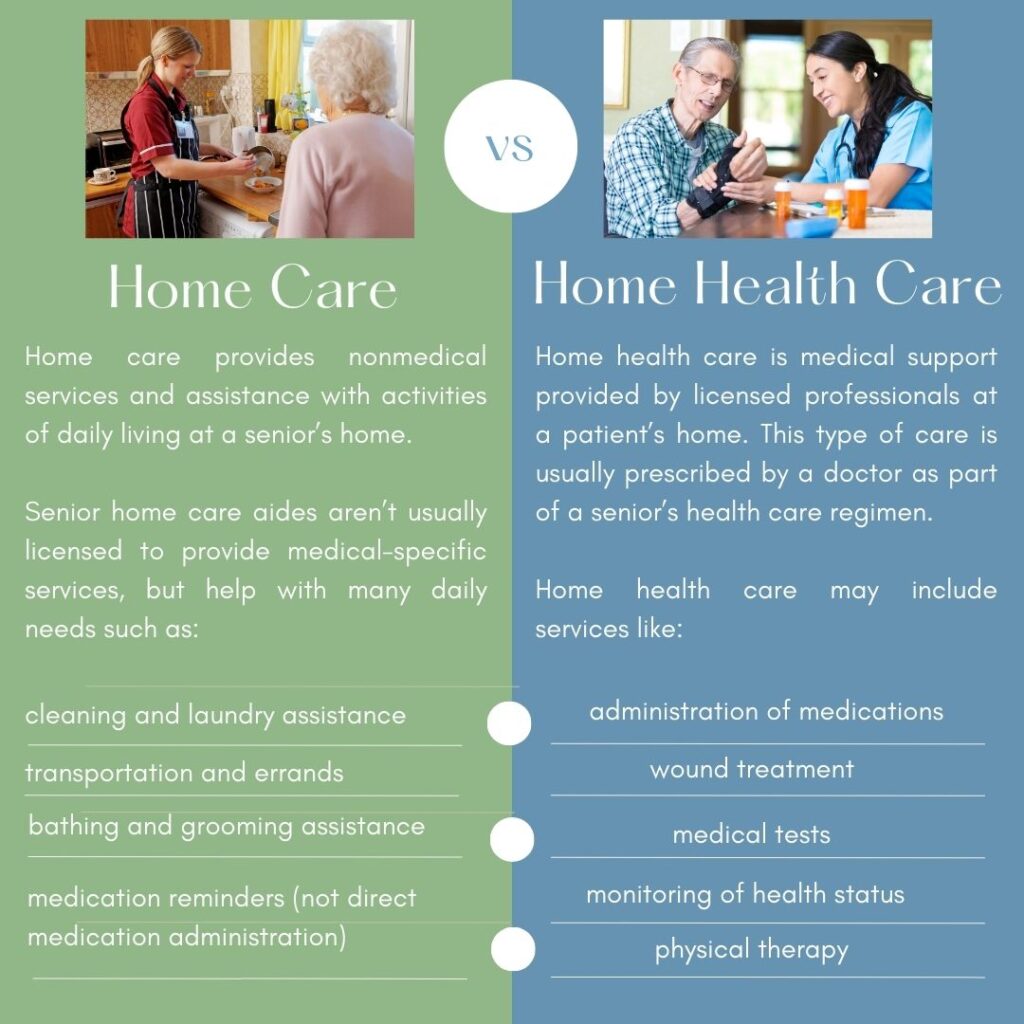Pay for Elder Care by Selling Your Life Insurance for Cash

Paying for Elder Care is now the primary worry of most retirees. On average, if you are age 65 today, you will need 3 years of elder care during the balance of your lifetime. You are not alone, ten thousand Americans turn 65 each day and the Medicaid system is already stressed.
Converting your current life insurance policy with a Medicaid life settlement to pay for elder care is a new concept that is gaining traction with families who are faced with high elder care costs. Your life insurance is an asset and it is your right to sell your life insurance policy for cash to cover the expense of senior care.
States are now endorsing and embracing the Medicaid Life Settlement concept as a way to give their residents quality elder care, as well as keep them off of the already strained Medicaid books.
Our elderly are unwittingly and quite literally throwing away Billions of dollars of cash each year… And at the very time they could absolutely use it the most.
Each and every day seniors cancel their life insurance policies because they can neither afford the increasing premiums nor need the life insurance coverage. Unfortunately, many others are still advised to cancel their life insurance policy in an effort to have Medicaid help when paying for elder care.
The fact is that more than 80 percent of all life insurance lapses or cancels before it ever pays out in a death benefit. Many insurance companies and Broker Dealers forbid their agents and representatives from even mentioning alternatives that may be available to you when you are thinking about canceling your life insurance.
Some states have already passed legislation requiring insurance companies to inform consumers of other options. Most states do not have any requirements that an insurance company tell you that your insurance policy may be worth more than the cash surrender value and that your life insurance policy may qualify for a conversion that covers elderly care payments.
Even term insurance, group insurance or a policy with absolutely no cash value could qualify to be converted into a long term care benefit plan that will pay your elder care provider directly for elder care services.
Life insurance policies as small as $50,000 may qualify and a policy does not have to have a cash value… it just has to be in force. You will no longer have to make premium payments after the conversion and the long term care benefit plan provides a funeral benefit in addition to the payments made to your elder care provider.
Elderly Care for women averages 3.7 years and the average amount of time a man requires some form of elder care is 2.2 years. It is true that a full third of Americans over the age of 65 will require no elder care at all, but a full 20% of us will need elder care services for 5 years or more.
Average in home care for the elderly runs from about $2500 to $4000 per month and the cost of elder care facilities ranges from roughly $5000 to $11,000 per month, depending on your state and the level of care.
According to surveys, seniors have some devastating and common misunderstandings when it comes to paying for elderly care. Unfortunately, too many of our elderly expect that they can rely on Medicare to pay the cost of elder care.
Medicare only pays for elderly care when you need skilled services for a short period of time. Medicare simply will not pay for non-skilled elder care to help you with daily living. Unfortunately, this type of day to day elder care is what many seniors need.

You or your family has to pay out of pocket for many types of elder care services, which are not covered by Medicare or Medicaid. This is shocking to many families who find this out at the same time they are faced with a very sudden need for elderly care.
Medicaid only covers you if your income is below a certain level and you have to meet minimum state by state requirements. Most health insurance only covers the same type of limited elder care services as Medicare.
If you are already considering canceling your life insurance policy to qualify for Medicaid or if you are facing increasing premiums on a life insurance policy that you no longer need….. Converting the hidden value that may be in your life insurance policy could be a source of funds to help with the burden of paying for elder care.
Key features of a Medicaid Life Settlement Plan include:
- No Fees or charges to apply
- Simple application and review process
- No age requirements
- No premium payments after conversion
- All types of in-force life insurance qualify
- Fixed payments made directly to elder care provider/facility
- Long term care benefit plans also include a final expense fund.
Long term care benefit plans can also be tailored to your Medicaid spend down plan, providing your elder service provider the monthly cash that they need to care for you or your loved one. The elder care facility you choose does not have to be a Medicaid approved facility and even in home elderly care qualifies.
Before you just cancel your life insurance policy, please take the time to see if it qualifies to be converted into a Medicaid life settlement. Please also share this message with those you know that may be facing a similar situation. This is a new concept and once your insurance policy is cancelled it is likely too late to do a long term care conversion. Information and education is the key to making an informed decision that best suits the needs of your loved one and family.
